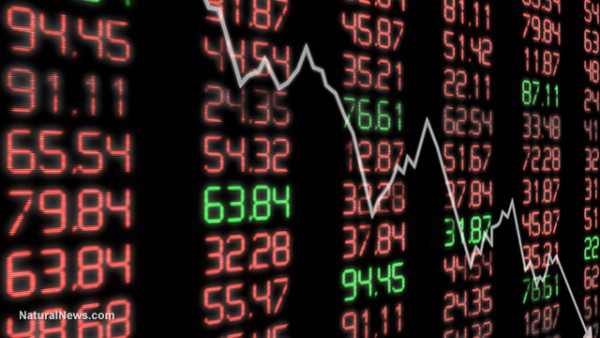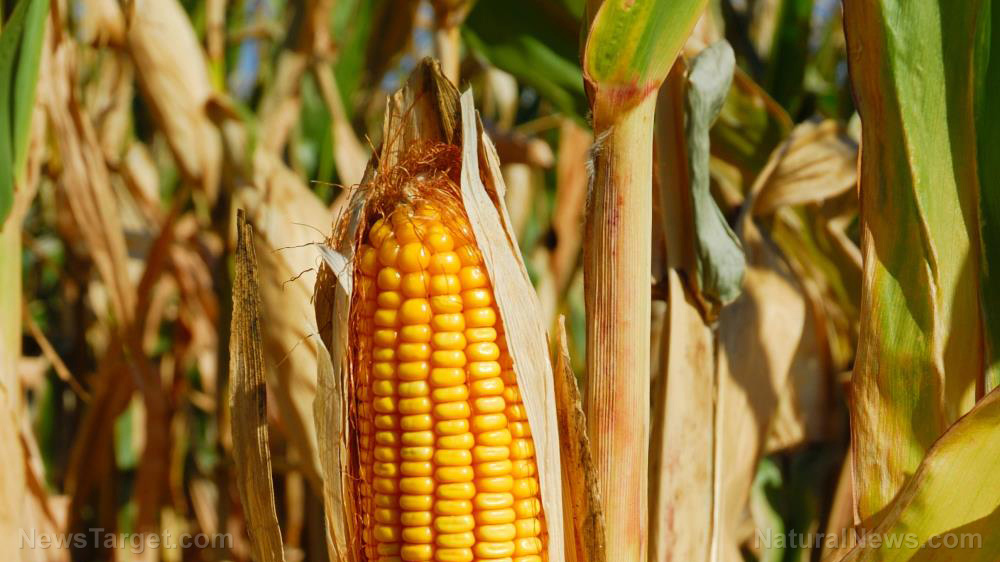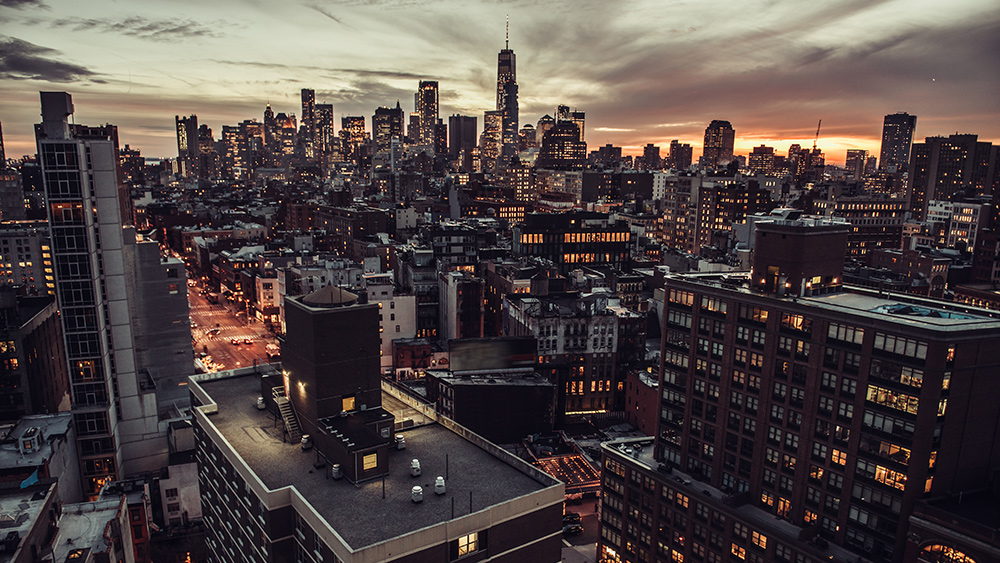 Parler
Parler Gab
Gab
Will inflation subside or get worse in 2023?
The price of gas is also hitting families hard, though one bit of good news is that gas prices have subsided some since their all-time highs earlier this year. It remains to be seen what happens with gas and other prices in 2023. The lines for food in the lead-up to Christmas at St. Mary's were not quite as hectic as the week before Thanksgiving when people were coming there in search of turkeys for their families, according to Pertis. "It was probably three, four miles each way," he said about the Thanksgiving lines. Many of the people who showed up for that holiday were first-time visitors who had never before used a food bank. This speaks volumes as to the dire state of the economy when people who were previously living just fine are suddenly finding themselves in poverty. "They're not here because they want to be here but because they have nowhere else to turn," Pertis said. "It's the impact of the economic insecurity caused by inflation." One of the reasons why Phoenix's inflation rate is substantially higher than that of the rest of the country has to do with its real estate market, according to Pertis. "After COVID, we had the federal government putting money into the economy with stimulus packages and we had the Federal Reserve making borrowing almost nothing," he explained. "That allowed a lot of investors to either move up in their homes or buy additional homes. Now that impact was more pronounced in the high growth areas that typically do well for investors." Pertis also blamed lots of people moving to Arizona from other states, especially during COVID. He told the media that it helped drive up demand and thus prices. "When they come here, the prices go up for everything," he stated. More of this type of news can be found at Collapse.news. Sources for this article include: DailyMail.co.uk NaturalNews.comMost major banks agree: 2023 spells BIG TROUBLE for the U.S. economy
By Ethan Huff // Share
Gold prices soar to 6-month high, widely expected to go higher in coming months
By Belle Carter // Share
Donald Trump’s subpoena was purely a political stunt, says legal analyst Ameer Benno
By Belle Carter // Share
Governments continue to obscure COVID-19 vaccine data amid rising concerns over excess deaths
By patricklewis // Share
Tech giant Microsoft backs EXTINCTION with its support of carbon capture programs
By ramontomeydw // Share
Germany to resume arms exports to Israel despite repeated ceasefire violations
By isabelle // Share










